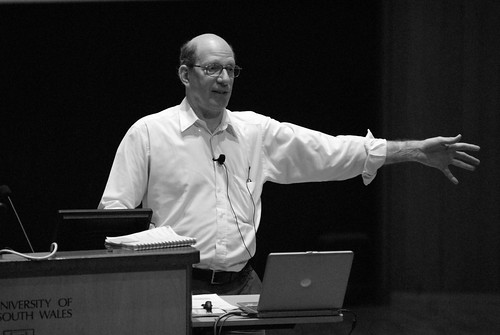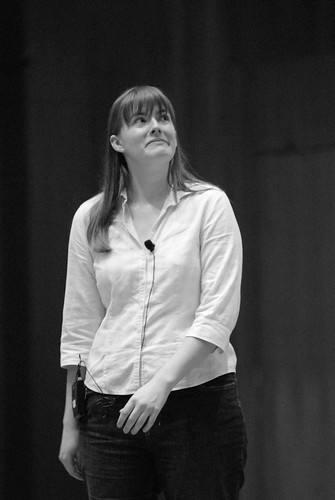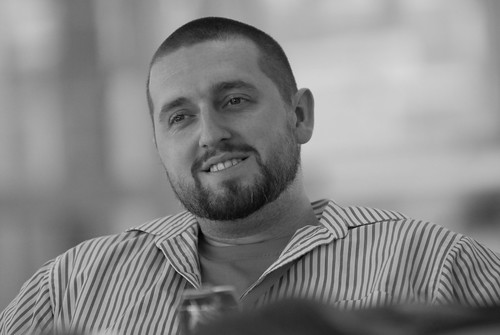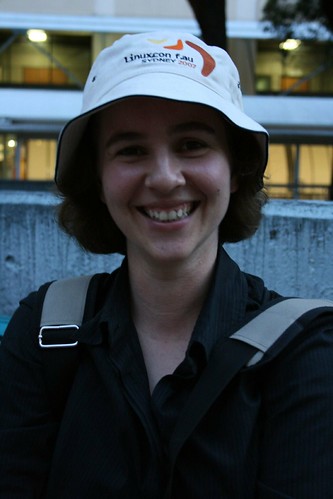As some of you know, Jeff and I are working on “Open CeBIT”, the Open Source expo and conference part of CeBIT 2007. This is the first time CeBIT will have such a huge range of the Open Source industry participating. CeBIT previously had an Open Source area however it had little input from the industry, so this year they’ve brought us in to make sure it rocks for both the industry and decision makers in business.
I’m coordinating the business conference, and I’m extremely happy with the line up:
- Mitchell Baker – Mozilla Foundation
- Mary Ann Fisher – IBM
- Simon Phipps – Sun
- Mark Spencer – Digium/Asterisk
- … and lots of other excellent speakers
This is exactly the sort of event to get IT decision makers along to. The more that senior management understands Open Source, the better it is for everyone, hence our agreement to run an Open Source conference focused on business.
We announced our participation in Open CeBIT at our launch last year, which Jeff will be blogging about soon 🙂




